| Faculty | ||
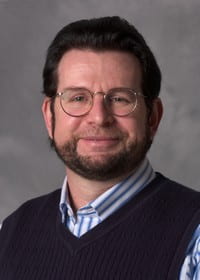 |
Dr. Jeffrey Skolnick
|
|
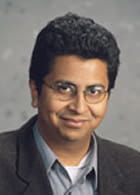 |
|
|
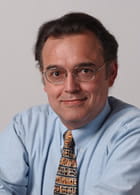 |
Dr. Lawrence A. Bottomley
|
|
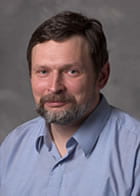 |
Dr. Yury Chernoff
|
|
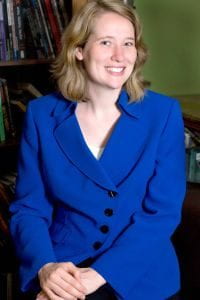 |
Dr. Jennifer Curtis
|
|
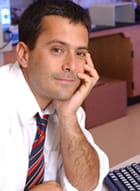 |
Dr. Facundo Fernandez
|
|
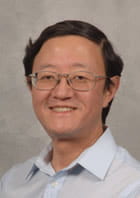 |
Dr. Richard M. Fujimoto
|
|
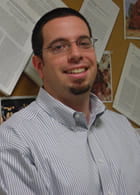 |
Dr. Michael Goodisman
|
|
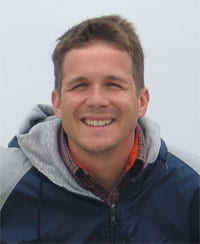 |
Dr. Brian Hammer
|
|
 |
Dr. King Jordan
|
|
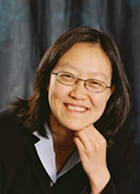 |
Dr. Hang Lu
|
|
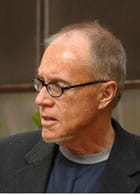 |
Dr. John McDonald
|
|
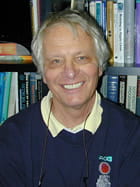 |
Dr. George Nemhauser
|
|
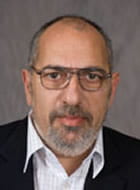 |
Dr. Arkadi Nemirovski
|
|
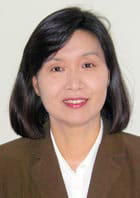 |
Dr. Haesun Park
|
|
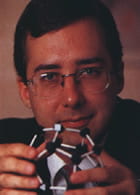 |
Dr. C. David Sherrill
|
|
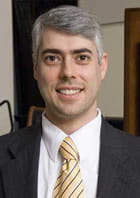 |
Dr. Joel S. Sokol
|
|
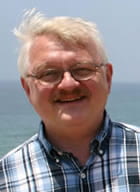 |
Dr. Eberhard O. Voit
|
|
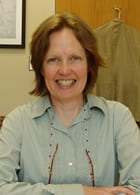 |
Dr. L. DeEtte Walker
|
|
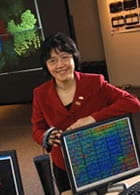 |
Dr. May Dongmei Wang
|
|
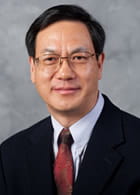 |
Dr. Zhong Lin ‘ZL’ Wang
|
|
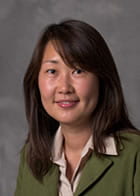 |
Dr. Soojin Yi
|
|
 |
Dr. Hongyi Zhou
|
|
| Staff | ||
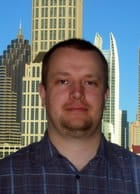 |
Dr. Bartosz Ilkowski
|
|
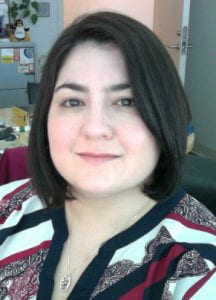 |
Jessica Forness
|
|